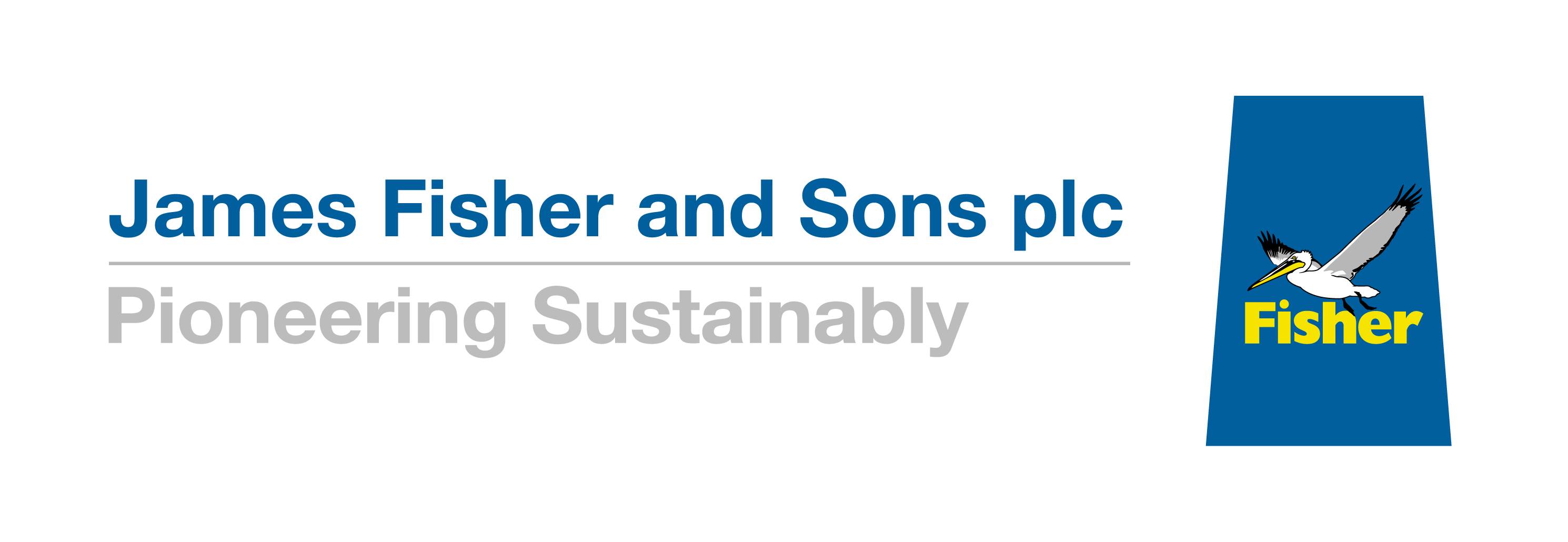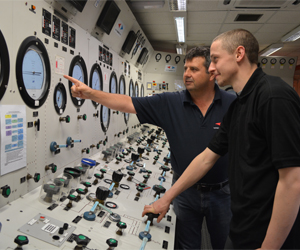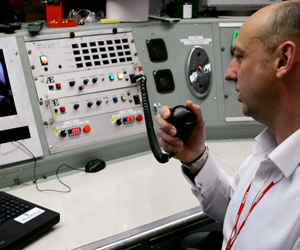- Products
- Commercial divers’ equipment
- Compasses and watches
- Defence divers’ equipment
- Diving instrumentation
- Electrical diving equipment
- Escape and abandonment
- Gas and fluid systems
- Medical and safety equipment
- Recompression chambers
- Submarine intervention
- Submarine rescue
- Tactical Diving Vehicles
- Ansti testing equipment
- Services
- Consultancy and personnel
- Engineering services
- Rescue and support
- Testing services
- Training services
- Ancillary dive gear
- Commercial equipment and tools
- Commercial helmets, masks and SCUBA
- Commercial rebreathers
- Commercial surface supply
- Diver's suits and harnesses
- Contaminated water diving system
- BIBS manifold block
- Divex back pressure regulator
- Divex interlock
- Hy-Fex hyperbaric fire extinguisher
- Hyperbaric flame detector
- Hyperlite hyperbaric stretcher
- Oxygen kits
- Ultralite 2 BIBS mask
- InVicto ventilator system
- DSAR rescue vehicles
- Launch and recovery systems
- Multi-role launch and recovery system
- Submarine rescue bell
- Client representatives
- Dive and ROV system audits
- Diving technical expertise
- Offshore personnel
- Rescue certification
- Remote audit solution
- Altitude testing and trials
- Hyperbaric welding
- Pressure testing and trials
- Test tank
- Breathing laboratory
- Commercial development courses
- Defence training courses
- Medical training courses
- Product specific courses
- Online training courses
- Classroom training FAQ
- Case Study: Roger Chapman Pisces III
- Case Study: HMS Edinburgh
- ANSTI CSTF
- Akademik Tofiq Ismayilov (ATI)
- Archive
- JFD strengthens Commercial Diving business with leadership appointments
- JFD unveils new product concept ‘Stealth Multi-Role’ at key industry events
- JFD North America enhances US Navy Submarine Rescue capabilities with advanced Integrated Communication System
- JFD successfully integrates and delivers advanced submarine rescue system for Republic of Korea Navy
- Archive
- Divulged - Winter 2017
- Divulged - Summer 2017
- Divulged - Winter 2016
- Divulged - Summer 2018
- Divulged - Winter 2018
- Divulged - Winter 2019
- Divulged 2021 Edition 1
- UDT 2019
- Visit JFD at UI 2016
- Visit us at OTC Asia 2018
- Visit JFD on stand 338 at Underwater Intervention 2018
- JFD is exhibiting at ONS 2018
- JFD is exhibiting at OSEA 2018
- Join JFD at IDEX 2019
- See JFD at Subsea Expo 2019
- JFD takes on BALT Military Expo
- JFD presents complete defence offering at UDT 2018 in Glasgow
- Join JFD at ADIPEC 2018
- Visit JFD at Pacific 2017
- Visit JFD at MSPO 2018 in Poland
- JFD presenting at UDT conference
- JFD is exhibiting alongside James Fisher Nigeria at NOG
- JFD exhibiting at UDT 2016
- Visit JFD at Underwater Intervention 2019
- JFD is participating at Underwater Defence & Security
- See JFD at this year’s IMCA Annual Seminar
- JFD is exhibiting at LAAD Defence & Security 2019
- JFD LEXMAR is exhibiting at OSEA 2016
- JFD is exhibiting at Subsea Expo 2017
- Visit JFD at Indo Defence 2018 Expo and Forum
- Visit JFD on stand 403 at Underwater Intervention 2017
- JFD exhibiting at Europoltech
- JFD at IMDEX
- Visit JFD at UDT 2017
- Visit JFD at DSEI 2017
- JFD is exhibiting at OTC 2018
- JFD is exhibiting at Subsea EXPO 2018
- JFD is exhibiting at Sea Air Space 2018
- Visit JFD at DSA 2018
- See JFD at Defexpo 2018
- JFD is exhibiting at ADIPEC 2017
- Come see JFD at DSEI!
- See JFD at IMDEX Asia 2019
- JFD is at Oil & Gas Asia 2019
- Experience DSEI with JFD
- See JFD's full defence capability at MSPO 2019
- JFD is exhibiting at this year's Offshore Europe
- Visit us on stand 2S16 at Pacific
- See JFD at ADIPEC on stand 13572
- Explore our commercial capabilities at Bergen International Diving Seminar
- JFD showcasing commercial and defence capabilities at Underwater Intervention
- JFD exhibiting alongside James Fisher Offshore at Subsea Expo
- Visit our stand at DSEI 2021!
- Join JFD at Subsea Expo 2022
- Visit JFD Australia at Indo Pacific 2022
- JFD North America is exhibiting at SOFIC 2022
- Experience CNE 2022 with JFD
- Discover JFD at UDT 2022
- Join JFD at GSOF Symposium Europe this October

Assistant life support technician course
The assistant life support technician (ALST) course is an entry level course providing the first step for entrants looking to embark on a career as an IMCA life support technician.
Life support technicians carry out the vital and responsible job of maintaining safe conditions for divers living and working under pressure during deep diving operations worldwide.
JFD's ALST course is aimed at people looking to embark on a career as a life support technician with the International Marine Contractors Association (IMCA). It is the first stage for entry onto the IMCA life support technician scheme. The course has been designed to provide candidates with the knowledge needed within the role, as well as a practical introduction to equipment and processes.
Courses ran at the National Hyperbaric Centre benefit from access to the in-house saturation system, which provide a controlled environment where students can gain practical experience and meet our experienced full-time life support technicians.
| Course | Start date | End date | Location | Min students | Cost | Book |
| ALST | 26 Aug 2024 | 06 Sep 2024 | NHC - Aberdeen | 3 | £1,595 +VAT | BOOK NOW |
| ALST | 25 Nov 2024 | 06 Dec 2024 | NHC - Aberdeen | 3 | £1,595 +VAT | BOOK NOW |
This course can be scheduled on demand anywhere in the world.
| ALST training at NHC | Control Room |
|
|
|
Course overview
Life support technicians carry out the vital and responsible job of maintaining safe conditions, for divers living and working under pressure during deep diving operations worldwide. They must be able to operate high-pressure equipment, mix heliox diving mixtures, monitor the saturation chamber environment, and as part of a team carry out pressurisation and decompression. In addition they need to identify and treat decompression illness and other pressure related injuries, and also be able to deal with a variety of emergency situations, from fire in the chamber to hyperbaric evacuation.
Objectives
This training course is designed as a basic course for new entrants to the IMCA life support technician scheme. The scheme commenced in 1984 to provide all personnel engaged in life support, from new entrants through to the most senior grade, with a structured career progression.
Entry requirement
This course is suitable for new entrants in the diving industry. No prior experience is needed, although a basic knowledge of physics would be an advantage.
Certification
On completion of the course, and after having successfully passed the NHC in-house examinations, you are issued with an IMCA approved NHC certificate. You must then go offshore and log a minimum of 2,400 panel hours as an assistant life support technician, after which you can take the IMCA life support technician exam.
Course duration
10 days.
Course content
The course provides a comprehensive theory and practical element which prepares the new entrant for work as an assistant life support technician (ALST). Experienced diving and life support supervisors provide professional tuition on the following topics:
- Diving physics legislation
- Gas handling
- Gas toxicity
- Thermal balance
- Plant and equipment
- Anatomy and physiology
- Life support systems
- System monitoring
- Emergencies
- Diving systems
- Hygiene
- Practical
| ALST training at NHC | Control Room |
|
|
|
Course overview
Life support technicians carry out the vital and responsible job of maintaining safe conditions, for divers living and working under pressure during deep diving operations worldwide. They must be able to operate high-pressure equipment, mix heliox diving mixtures, monitor the saturation chamber environment, and as part of a team carry out pressurisation and decompression. In addition they need to identify and treat decompression illness and other pressure related injuries, and also be able to deal with a variety of emergency situations, from fire in the chamber to hyperbaric evacuation.
Objectives
This training course is designed as a basic course for new entrants to the IMCA life support technician scheme. The scheme commenced in 1984 to provide all personnel engaged in life support, from new entrants through to the most senior grade, with a structured career progression.
Entry requirement
This course is suitable for new entrants in the diving industry. No prior experience is needed, although a basic knowledge of physics would be an advantage.
Certification
On completion of the course, and after having successfully passed the NHC in-house examinations, you are issued with an IMCA approved NHC certificate. You must then go offshore and log a minimum of 2,400 panel hours as an assistant life support technician, after which you can take the IMCA life support technician exam.
Course duration
10 days.
Course content
The course provides a comprehensive theory and practical element which prepares the new entrant for work as an assistant life support technician (ALST). Experienced diving and life support supervisors provide professional tuition on the following topics:
- Diving physics legislation
- Gas handling
- Gas toxicity
- Thermal balance
- Plant and equipment
- Anatomy and physiology
- Life support systems
- System monitoring
- Emergencies
- Diving systems
- Hygiene
- Practical






